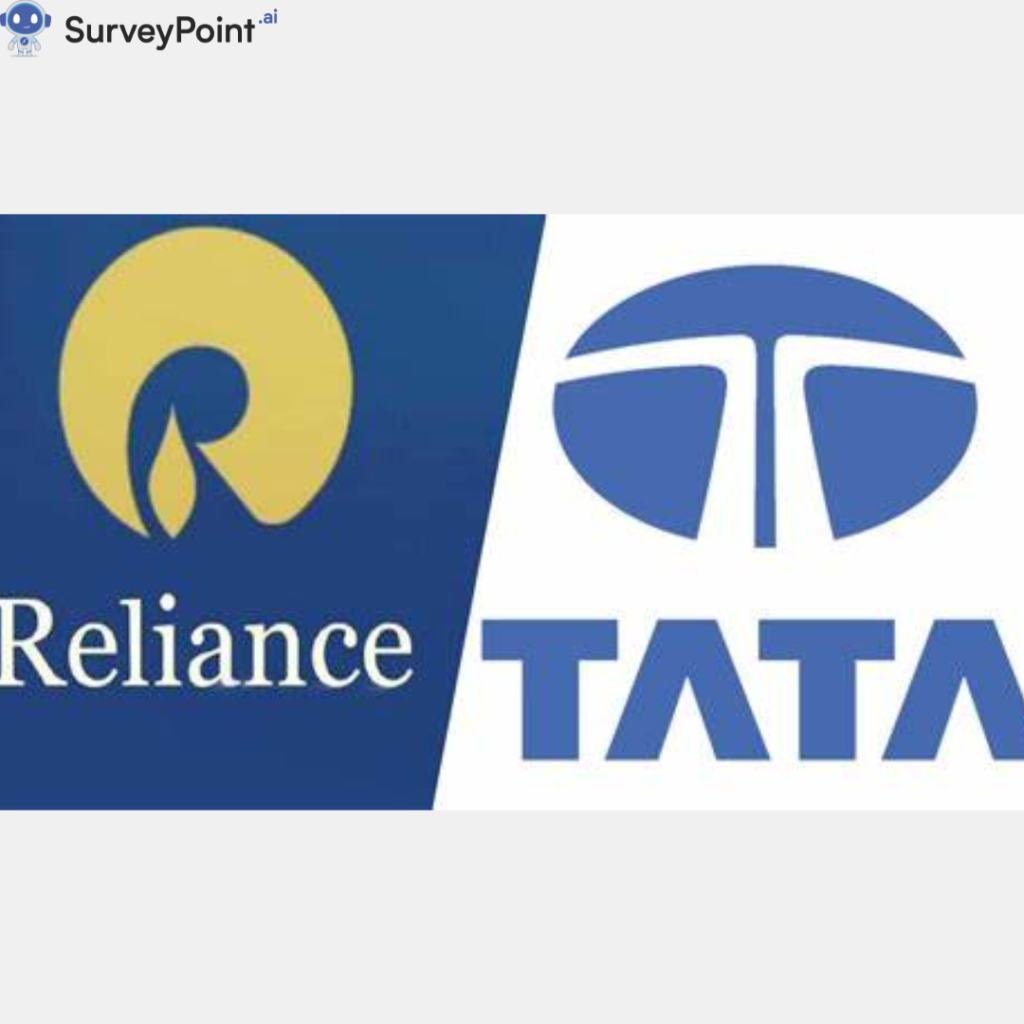
In today’s digital age, marketing compliance has become an essential aspect of any business’s strategy. With increasing regulations and the need to protect consumer rights, understanding and adhering to marketing compliance is not just a legal obligation but a critical component of building trust and credibility with your audience.
This blog will delve into the depths of marketing compliance, exploring its significance, use cases, common pitfalls, best practices, and the tools available to ensure your marketing efforts are always compliant.
What is Marketing Compliance (And Why Should You Care)?
Marketing compliance refers to the adherence to laws, regulations, guidelines, and best practices that govern how companies promote their products and services. It ensures that marketing practices are ethical, truthful, and respectful of consumer rights. Non-compliance can lead to severe consequences, including legal penalties, fines, reputational damage, and loss of customer trust.
Understanding marketing compliance is crucial for several reasons:
- Legal Protection: Compliance with marketing laws and regulations protects your business from legal actions and penalties.
- Consumer Trust: Adhering to ethical marketing practices helps build and maintain consumer trust, which is vital for long-term success.
- Brand Reputation: Non-compliance can tarnish your brand’s reputation, making it challenging to regain customer confidence.
- Competitive Advantage: Companies that prioritize compliance can differentiate themselves from competitors by demonstrating a commitment to ethical practices.
What Are the Most Important Marketing Compliance Use Cases?
Marketing compliance spans various aspects of business operations. Here are some of the most critical use cases:
- Email Marketing: Compliance with regulations like the CAN-SPAM Act and GDPR ensures that email communications are sent with consent and include necessary disclosures and opt-out options.
- Data Privacy: Protecting consumer data in accordance with laws such as GDPR and CCPA is essential for maintaining privacy and avoiding data breaches.
- Advertising Standards: Adherence to advertising standards prevents false or misleading claims, ensuring that promotions are honest and transparent.
- Social Media Marketing: Compliance with platform-specific guidelines and disclosure requirements for sponsored content is necessary to avoid penalties and maintain credibility.
- Content Marketing: Ensuring that all content is original, properly cited, and free from plagiarism is critical for maintaining intellectual property rights and avoiding legal issues.
5 Examples of Marketing Compliance Pitfalls (That You Should Avoid at all Costs)
Despite the best intentions, many companies fall into compliance traps. Here are five common pitfalls and how to avoid them:
- Sending Unsolicited Emails: Failing to obtain proper consent before sending marketing emails can lead to significant fines. Ensure all email recipients have opted in and provide easy opt-out mechanisms.
- Misleading Advertising: Making exaggerated claims about your products can result in legal actions. Always provide accurate and verifiable information.
- Ignoring Data Protection Laws: Mishandling customer data or failing to secure it adequately can lead to breaches and penalties. Implement robust data protection measures and comply with relevant laws.
- Non-disclosure of Sponsored Content: Influencers and brands must disclose paid partnerships. Failure to do so can result in penalties and loss of trust.
- Infringing Copyrights: Using copyrighted material without permission can lead to legal issues. Always use licensed content or create original material.
How to Incorporate Marketing Compliance Into Your Content Creation Process
Integrating marketing compliance into your content creation process is essential for avoiding pitfalls and ensuring ethical practices. Here are steps to incorporate compliance seamlessly:
- Educate Your Team: Ensure that everyone involved in content creation understands compliance requirements and the importance of adhering to them.
- Create a Compliance Checklist: Develop a checklist that outlines all necessary compliance steps for each type of content.
- Implement Approval Processes: Establish an approval workflow that includes a compliance review stage before content is published.
- Stay Updated on Regulations: Keep abreast of changes in marketing laws and regulations to ensure ongoing compliance.
- Use Compliance Tools: Leverage software solutions that can help automate and manage compliance checks.
7 Actionable Marketing Compliance Best Practices
Here are seven best practices to help you maintain marketing compliance:
- Obtain Explicit Consent: Always obtain explicit consent for email marketing and data collection. Provide clear opt-in and opt-out options.
- Be Transparent: Ensure all marketing communications are honest, transparent, and free from misleading information.
- Secure Customer Data: Implement strong data protection measures to secure customer information and comply with data privacy laws.
- Disclose Sponsored Content: Clearly disclose any sponsored content or partnerships in your marketing efforts.
- Monitor Third-Party Vendors: Ensure that any third-party vendors you work with also comply with relevant marketing regulations.
- Regular Training: Provide regular training for your team on the latest compliance requirements and best practices.
- Audit and Review: Conduct regular audits and reviews of your marketing practices to identify and rectify any compliance issues.
Marketing Compliance Software
Several software solutions can help streamline marketing compliance efforts:
- OneTrust: A comprehensive privacy management platform that helps manage consent, data mapping, and compliance with global regulations.
- TrustArc: Offers a suite of tools for managing privacy, risk, and compliance.
- DataGrail: Focuses on data privacy management, helping businesses comply with regulations like GDPR and CCPA.
- Litmus: Provides email testing and analytics to ensure compliance with email marketing regulations.
- Hootsuite: Helps manage social media marketing and ensures compliance with platform-specific guidelines and disclosure requirements.
Conclusion
Marketing compliance is a multifaceted and dynamic aspect of modern business operations. As regulations continue to evolve, staying compliant can seem daunting, but it is essential for protecting your business and building lasting customer relationships. By understanding the importance of marketing compliance, recognizing common pitfalls, incorporating compliance into your processes, and leveraging the right tools, you can navigate the complexities of marketing compliance with confidence.
Maintaining compliance is not just about avoiding penalties; it’s about fostering trust and integrity in your brand. By prioritizing ethical marketing practices, you can create a solid foundation for sustainable growth and success in today’s competitive landscape.




